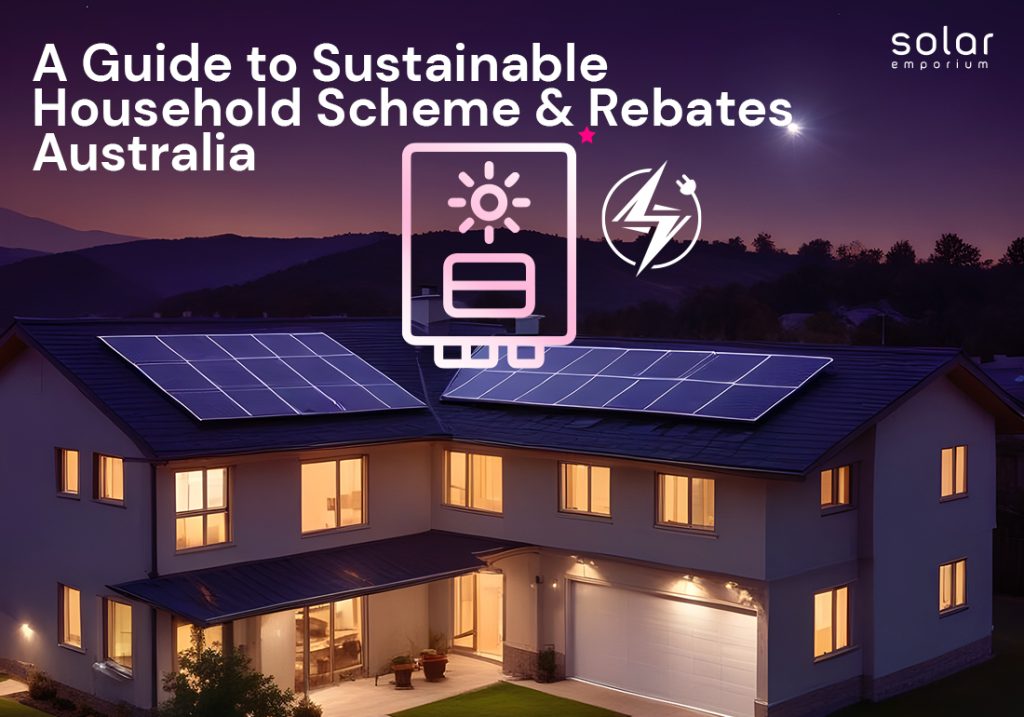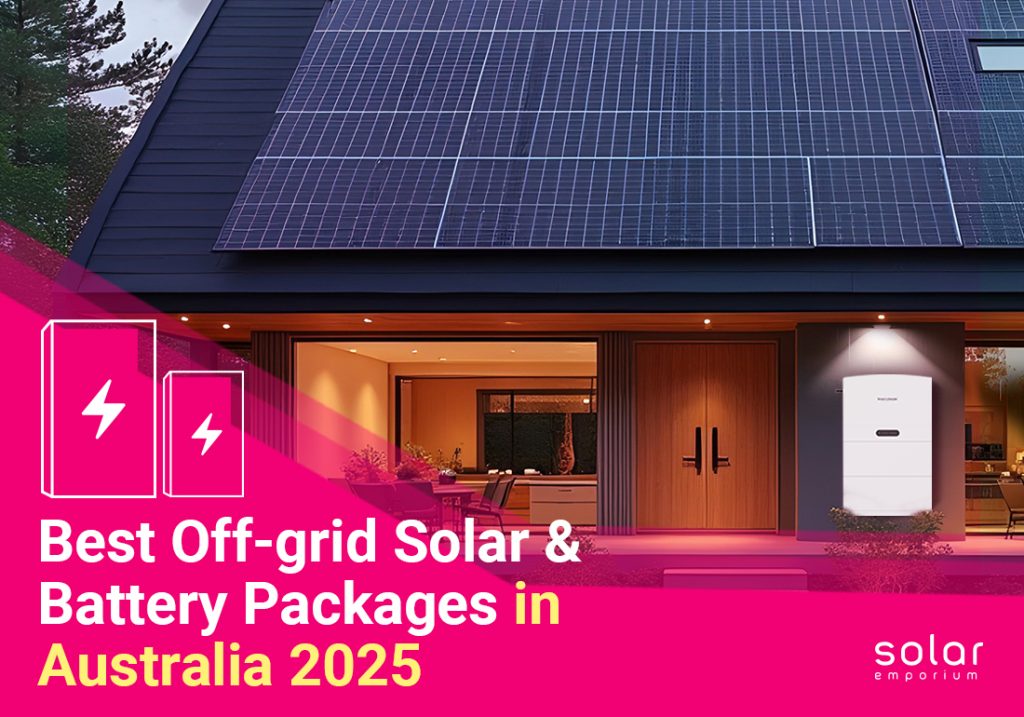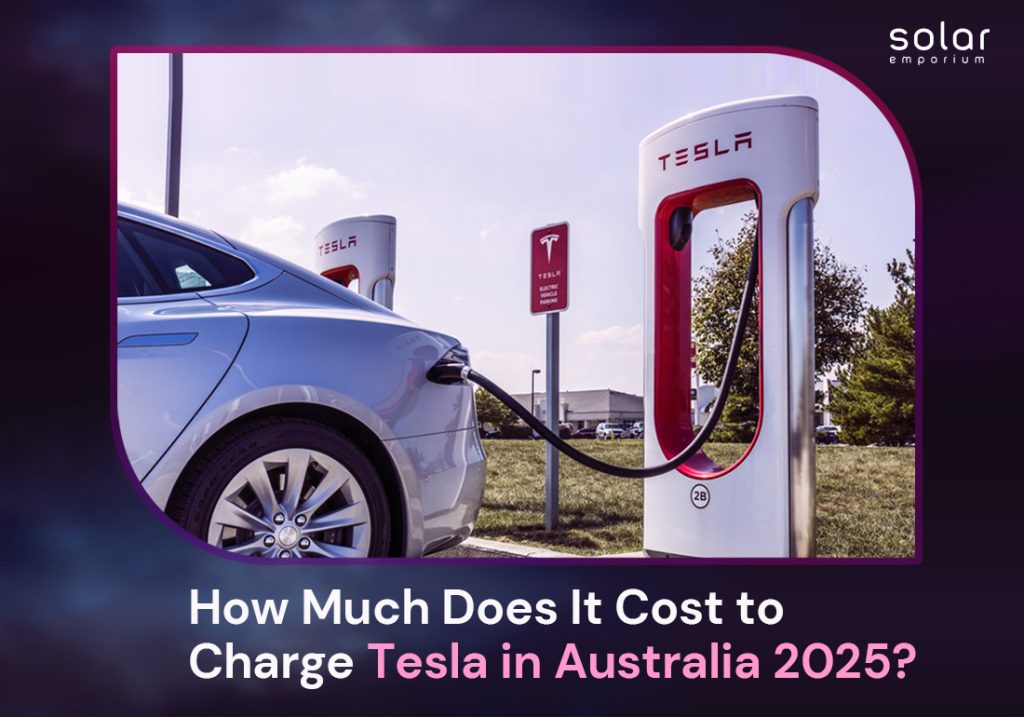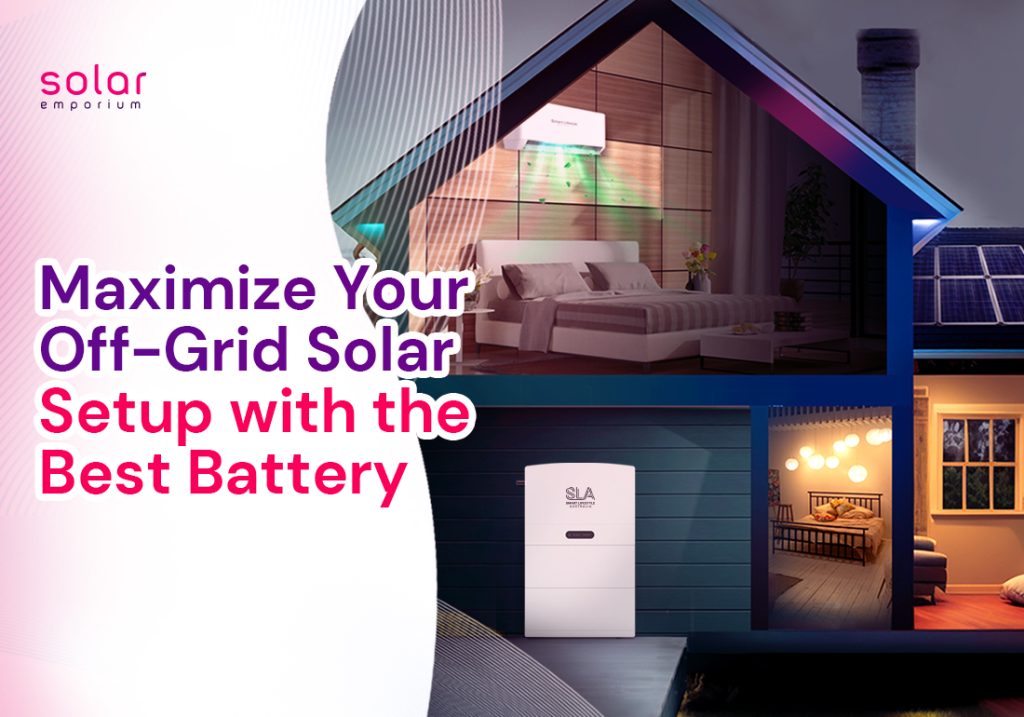The cost of living in Australia is rising quickly, and energy prices are going up, too. Victoria has already released a gas substitution roadmap to phase out gas connections. Switching homes to electric power is a big issue for Australians now.
Currently, Australians are primarily worried about the cost of living, electricity prices, and the economy. More than half of the people in Australia support the idea of making more homes all-electric. So, why switching to an all-electric household pays off in Australia?
Imagine the collective impact we could make if every Australian household currently using gas switched to all-electric today.
We could cut over 30 million tonnes of carbon dioxide emissions over the next ten years. This is a significant step towards a greener, more sustainable future, and it’s within our reach.
Over 5 million households use gas, and the emissions saved per home could be between 5 and 25 tonnes over ten years, depending on where they are.
One of the most immediate benefits of switching to all-electricity is the potential for significant savings on energy costs.
Electric appliances are more energy-efficient than their gas counterparts, meaning they require less energy to perform the same tasks, resulting in lower energy bills for homeowners.
However, many households need help switching to all-electricity. Governments could make it easier for people to switch and help meet emissions-reduction targets.
But What Does All-Electric Mean?
Transitioning to an all-electric household, also known as home electrification, involves gradually replacing fossil fuel-powered appliances with newer, energy-efficient ones that run on electricity. This includes appliances such as heat pumps, ovens, stovetops, and even your car.
Switching to electric appliances, especially those powered by solar energy, can significantly lower your energy bills and benefit the environment.
Gas was once considered a cheap energy option. However, as gas prices have gone up, using clean electricity from solar panels for heat pumps, cooking, heating, and cooling is now more cost-effective.
Choosing electric appliances powered by solar energy is a smart move away from using fuel sources that create carbon emissions.
Benefits of Making an All-Electric Switch
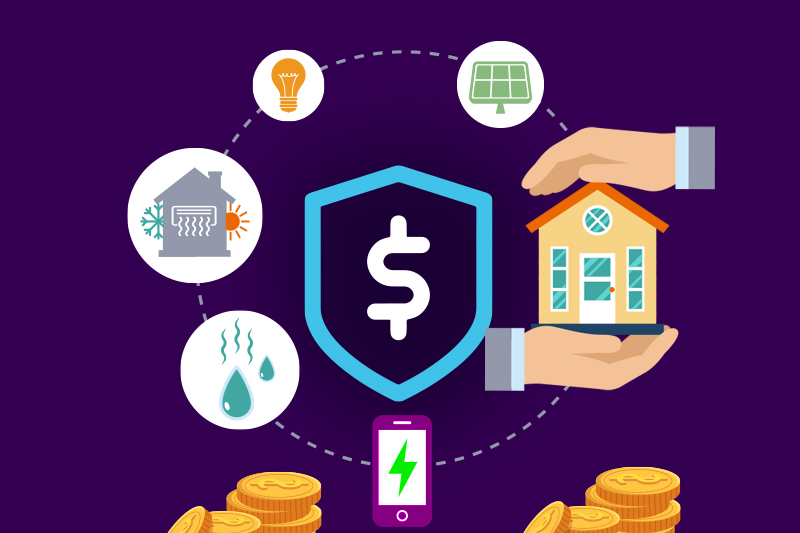
You’ll Save on Bills
Switching to all-electric is suitable for both the environment and your wallet. You’ll save even more if you also install solar panels.
If you convert an existing home with solar panels from gas to electricity, you can save over $1,000 every year on energy bills by using more solar energy.
Adding a medium-sized battery can increase your savings because it stores the solar energy you generate during the day to use during peak hours, reducing the amount of energy you need to buy at higher rates.
Solar Victoria offers rebates and interest-free loans to help eligible households switch to solar, including:
- A $1,400 rebate and interest-free loan to install rooftop solar panels on a home or rental property
- A $1,000 rebate to install a heat pump or solar hot water system
- Interest-free loans of up to $8,800 to install a solar battery
So far, over 250,000 Victorian households have benefited from a Solar Victoria rebate.
Savings for existing homes
Converting an existing home with solar panels from gas to electricity can save around $1,700 a year on energy bills, plus around $1,000 each year from an existing 6.6 kW solar system.
Savings for new homes
New all-electric homes can save around $1,000 per year or over $2,200 if solar panels are installed. In Victoria, a new all-electric home will spend about $2,600 on energy bills each year, compared to a new dual-fuel home, which will pay around $3,600.
You’ll Reduce Your Carbon Footprint
Using gas for appliances and petrol for cars releases carbon, which contributes to climate change. Electric homes will eventually have zero emissions as Victoria’s electricity grid stops using fossil fuels.
Switching to electricity is an essential step in reducing carbon emissions in our cities, and you can start making this change now.
You Can Enjoy Control of Your Home Energy Supply
Electrifying your home with solar power gives you more control over how you produce and use energy. This control increases if you have a home battery.
With a battery, you can store the power from your solar panels to use later, making you more self-sufficient. Having your energy supply is another strong reason to go all-electric.
More Comfort in Your Home
Switching to electric appliances can make your home more comfortable all year round because modern electric appliances are very efficient.
For example, split system air conditioners can adjust the humidity to keep the room at the perfect temperature and purify the air, which is excellent for people with allergies. In contrast, gas heating can be dusty, dry out the air, and create uncomfortable drafts.
Energy-efficient improvements can also increase your home’s value and make it more attractive to renters if you decide to rent it out in the future.
You’ll Increase the Safety and Health of Your Home

Modern electric systems come with advanced safety features that can make your home safer. For instance, an induction cooktop only heats up when a pan is placed on it, reducing the risk of fires and burns.
While gas systems also have safety measures, they still pose risks, such as gas leaks, carbon monoxide leaks, and open flames.
Gas stoves, standard in many Victorian homes, produce high levels of indoor air pollution. For instance, homes with gas stoves usually have much higher concentrations of nitrogen dioxide.
It is a gas released when burning gas, compared to homes with electric stoves. This can cause various respiratory problems, especially for children and people with asthma.
Lower-income households, which often have more occupants and poorer living conditions, are at a greater risk of these health issues. Living in a home without pollutants is crucial for our health.
Gas cookers and unvented gas heaters are significant sources of indoor air pollution. Switching to electric appliances can help low-income households heat their homes more efficiently, lowering energy use and costs.
Now that you know the benefits of going electric, you’re probably wondering how to make the switch.
Steps to Switch to an All-Electric Household
Now that you know all-electric homes can save you money and make your home more eco-friendly, you might be wondering how to switch from gas.
Here are four simple steps to start:
1. Make a list
Write down all the appliances in your home that use gas.
2. Book a Scorecard Assessment
Consider getting a Residential Scorecard Assessment. This will help you plan your switch to a cleaner, greener, and cheaper home. Discounted assessments are available through the Victorian Energy Upgrades program. Contact a local assessor for more details.
3. Consider your budget
Decide on your budget and prioritise replacing the most energy-intensive gas appliances first. When major gas appliances like heaters or hot water systems need replacing, it’s an excellent time to upgrade to efficient electric options through the Victorian Energy Upgrades program.
4. Find out about available discounts and rebates
Check the Victorian Energy Upgrades program for discounts. Also, visit the Solar Homes Program to learn about rebates for solar panel systems, solar hot water, and loans for solar batteries for eligible households.
Some Electric Solutions are Already in Effect

New Era of Electric Cooking
An induction cooktop is an excellent alternative to gas cooking appliances. It uses electromagnetic induction to heat your cookware quickly and efficiently, using less energy.
Induction cooktops also allow precise temperature control and have safety features like automatically switching off when no pan is detected.
Induction cooktops cost around $1500 plus installation, and you might need new cookware that is compatible with them.
An electrician will be required for installation. Despite the higher initial cost, induction cooking reduces operating costs and greenhouse gas emissions, especially when combined with solar and battery systems.
Going all-electric is a significant step towards making your home more sustainable and reducing your long-term energy bills.
Electric Heat Pumps for Hot Water Efficiency
Many hot water systems still use gas, but since they last nearly a decade, you only get to replace them sometimes. When you do, consider an electric heat pump system.
Electric heat pumps are the most energy-efficient hot water solution available. They take heat from the outside air and transfer it to your water tank, leading to lower running costs over time compared to gas or regular electric systems.
Electric Heating and Cooling Solutions
If you have gas heating, switching to an electric alternative can lower your energy bills and help you fully electrify your home. Depending on your needs and climate, consider these options:
Fans: They can reduce room temperature by about three degrees and cost only around two cents per hour to run. A ceiling fan with a DC motor uses about half the energy of a traditional fan, though it costs a bit more.
Split system air conditioning: This system uses a heat pump and provides both heating and cooling very efficiently—producing three to six times the heating and cooling energy from one unit of electricity.
Don’t forget to get a free solar quote from Solar Emporium to lower your bills!

